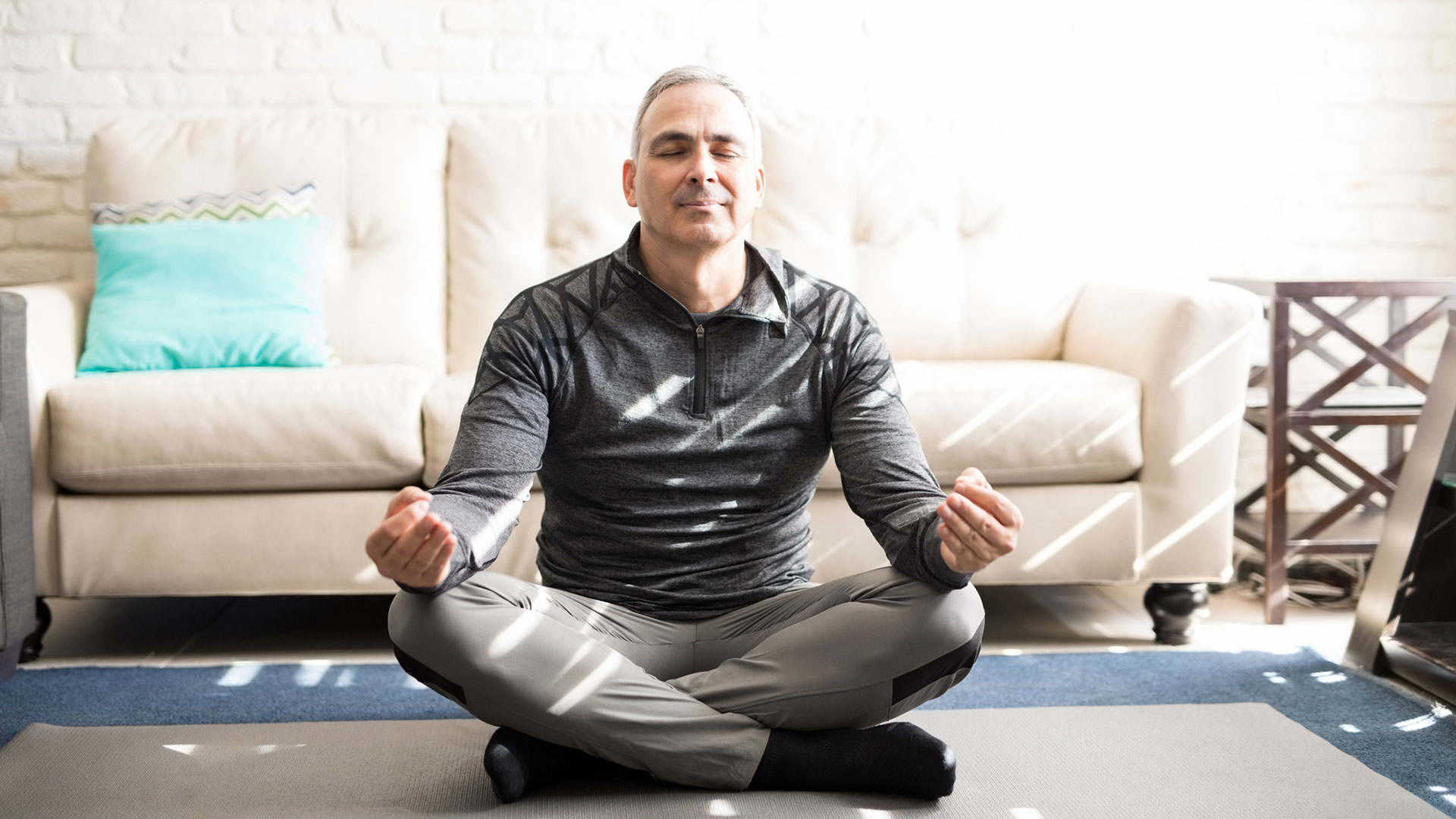-
I want to practice mindfulness, but I can't find the time
Many people who start learning meditation believe that if you’re not doing 20-30 minutes a day, you won’t get the benefits of the practice. Of course, just like physical exercise the research supports the fact that the more meditation practice you do, the greater the benefits.
However, through my own scientific research (published in Springer’s Mindfulness journal in 2018) I discovered that just 10 minutes a day of mindfulness meditation over one month was enough to support measurable benefits, including an increase in positive emotions, a reduction of the impact of stress, increased self-compassion and greater focus and presence in daily life.
What we do repeatedly gets etched into the neural pathways of our brain, actually reinforcing these behaviours or attitudes. When we practise worrying, the worrying circuits of the brain are reinforced. When we practise gratitude, the brain becomes more capable of noticing the good in our lives. When we practise mindfulness meditation, it forms new neural pathways that support greater focus, calm and emotional balance.
I don’t think meditation is for me – I can’t sit still!
This is a common question that comes up in my classes. Meditation is just one way to train in greater mindfulness and awareness. There are so many different practices which I offer through my book, The Happiness Plan, a one month mindfulness guidebook.
There are many ways to bring mindfulness to activities you already do in daily life, so it becomes more a way of life, rather than something you feel you need to add to your to do list. Conversations are a great opportunity to practise being mindful. Often during conversations we can be caught up in our own concerns and thoughts. When we mindfully communicate, we consciously open our awareness to include a sense of our own body and emotional state, while also making space to be open to the other person.
You can also use your mindfulness practice to turn irritating moments into opportunities to train your brain. Next time you’re stuck in a long line at the supermarket, use it as an opportunity to practise mindfulness. Tune into the body, sense your feet on the ground, feel the breath and notice its quality (is it fast or slow, tight or flowing with ease), tune into the sounds, immerse yourself in your senses as a way to get out of your head. Check in with how you are feeling, notice any irritation or impatience in the body and use the outbreath to actively let it go.
MORE: 10 ways to bring mindfulness into your day
I do it once or twice, but I can't make a habit that sticks
Every year the Mindful in May program offers teachings from the world’s best wellbeing experts. Stanford Professor and expert in behaviour change BJ Fogg shared that the most powerful way to create a habit is to start small and grow the habit over time, gradually adding more time to the duration of your regular meditation practice.
Over the years of teaching meditation, I’ve also discovered that as humans because we’re wired for connection and this triggers the release of happy hormones, when we take up new behaviours and set goals in community, we are much more likely to achieve them as we have support, accountability and it feels more pleasurable.
My mind doesn’t stop wandering
One of the most common misconceptions about meditation is that it’s about stopping your thoughts, and it’s the reason people quit before they’ve given it a proper try. Anyone who tries to empty their mind during meditation will quickly discover that it’s basically impossible – in fact, trying to stop your thoughts only makes them more persistent.
Mindfulness meditation isn’t about stopping your thoughts. It’s really about becoming more aware of your mind, observing your thoughts and getting better at letting them go, rather than emptying the mind.
Mindfulness helps us become more aware of how we relate to our thoughts, and this is life-changing. The capacity to better manage our minds and avoid getting lost in negative thought loops is a crucial skill which helps us become more resilient, better able to bounce back from challenges and not get stuck in negative thinking and emotions.
Learn more about Mindful in May
Your mindfulness problems, solved

-
How is ‘phubbing’ hurting your relationships?
Here’s how to stop phubbing and be more mindful of your phone habits, to help improve face to face interactions with your family and friends.
-
Are the winter blues real?
Simple ways to boost your mood in winter.
-
Mental fitness explained
Just as you work to strengthen your body, your mental health deserves attention and exercise too.
-
Signs it's time to visit the dentist
Nobody wants to go. But there are good reasons to – promise.
-
The link between stress, anxiety and jaw pain
Physiotherapist Michael Chan explains how stress and anxiety can cause jaw pain, and how to help get some relief.
-
When you can't sleep next to your partner
You love everything about them – except their sleep habits.
Subscribe to receive the best from Live Better every week. Healthy recipes, exercise tips and activities, offers and promotions – everything to help you eat, move and feel better.
By clicking sign up I understand and agree to Medibank's privacy policy





.jpg)
